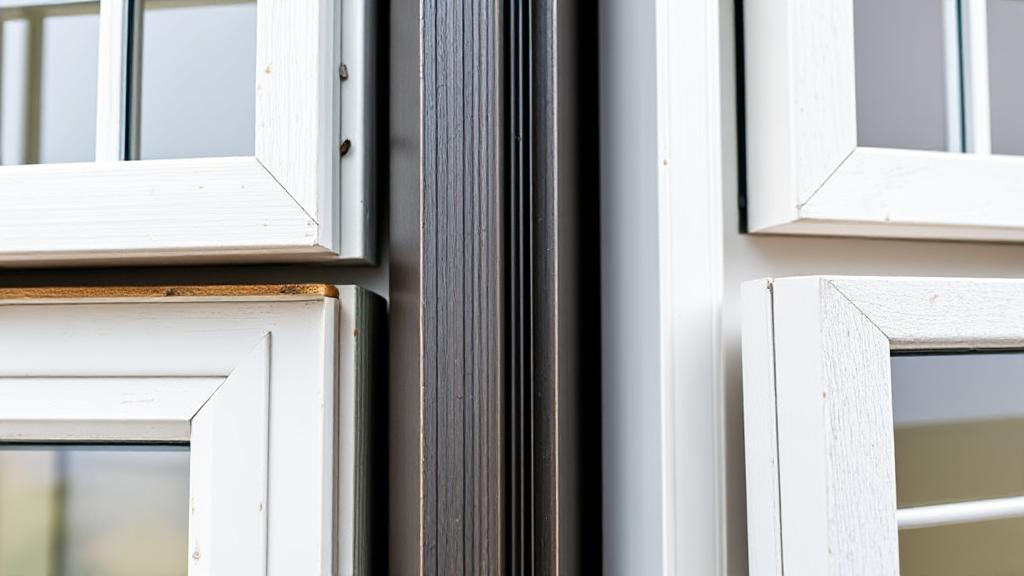Understanding Window Lifespan and Longevity
The lifespan of windows varies significantly depending on several key factors, including material composition, maintenance, environmental conditions, and installation quality. Understanding these factors can help homeowners make informed decisions about maintenance, repairs, and replacements.
Factors Influencing Window Lifespan
Several crucial elements affect how long windows will last:
- Material: The type of material used in window construction significantly affects durability
- Climate: Exposure to harsh weather conditions, extreme temperatures, and humidity
- Installation Quality: Proper installation can affect lifespan by up to 25%, according to the International Association of Certified Home Inspectors
- Maintenance: Regular upkeep and prompt repairs
- Usage: Frequency of opening and closing
- Environmental Conditions: UV exposure and coastal conditions
Typical Lifespan by Material
Different window materials offer varying durability and maintenance requirements:
Vinyl Windows
- Lifespan: 20-40 years
- Cost: Moderate
- Maintenance: Low
- Features: Cost-effective, moisture-resistant, no painting required
- Limitations: May warp in extreme temperatures
Wood Windows
- Lifespan: 30-50+ years
- Cost: High
- Maintenance: High
- Features: Classic appearance, excellent insulation
- Maintenance Tips: Regular painting or staining required
Aluminum Windows
- Lifespan: 20-30 years
- Cost: Low
- Maintenance: Low
- Features: Durable, corrosion-resistant
- Limitations: Thermal conductivity issues
Fiberglass Windows
- Lifespan: 50+ years
- Cost: Very High
- Maintenance: Very Low
- Features: Superior strength, energy efficiency
- Benefits: Withstands extreme temperatures without warping
Signs It's Time for Replacement
Watch for these indicators that windows may need replacement:
- Drafts or air leaks
- Condensation between glass panes
- Difficulty operating windows
- Visible damage or decay
- Increasing energy bills
- Single-pane windows (outdated technology)
Maintenance Best Practices
To maximize window longevity:
Energy Efficiency Features
Modern windows often include advanced technologies:
- Low-E glass coatings
- Double or triple panes
- Gas fills (argon or krypton)
- Warm edge spacers
- Insulated frames
For more detailed guidance on window maintenance and replacement, consider visiting resources like Energy.gov, This Old House, or the National Fenestration Rating Council.
"Don't wait until your windows are completely failing to consider replacement. Early intervention can prevent energy loss and structural damage." - Energy Star
Remember: These are average lifespans, and actual durability can vary significantly based on specific circumstances. Consulting with a qualified window professional can help determine the best options for your specific situation and environment.
